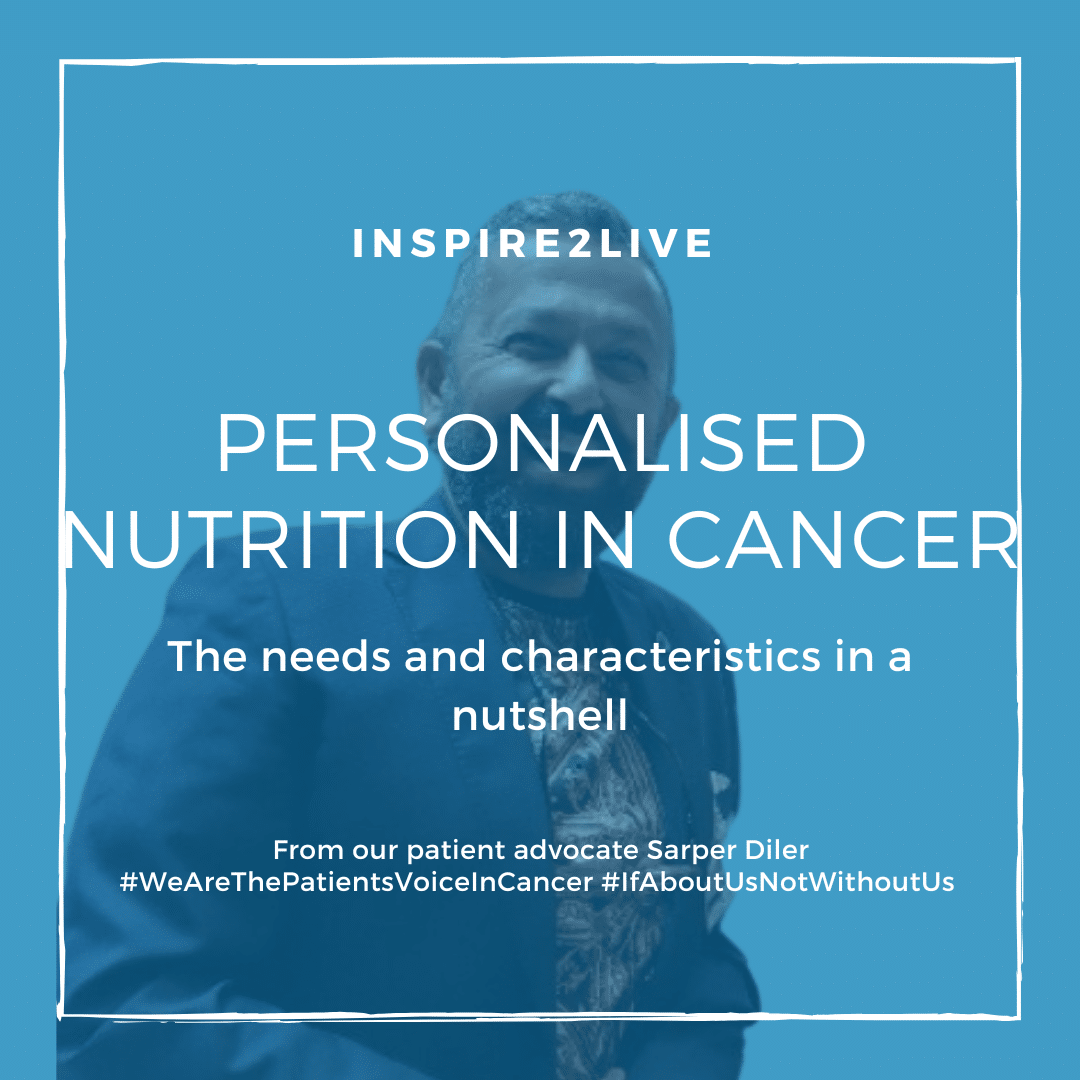Your body is as unique as your fingerprint. The way we maintain your health and treat diseases should also be unique and 100% compatible with your original genetic and epigenetic codes. At Ovital Institute we initiated personalised nutrition pilot studies on cancer patients during and after their treatments and the preliminary results are promising. Let’s take a look at personalised nutrition; the needs and characteristics in a nutshell.
Personalised nutrition in cancer refers to tailoring dietary recommendations and interventions to the specific needs and characteristics of individuals who are diagnosed with cancer. It recognises that each person’s response to cancer and its treatment can vary widely due to genetic factors, metabolic differences, and the specific type and stage of cancer they have.
Key components in personalised nutrition
The concept of personalised nutrition in cancer involves several key components:
Genetic Variation
Genetic differences can influence how individuals metabolise nutrients, process medications, and respond to specific dietary components. By analysing a person’s genetic profile, healthcare professionals can identify potential dietary recommendations that align with their genetic makeup.
Cancer Type and Stage
Different types and stages of cancer may require specific dietary approaches. For instance, a person with colon cancer might benefit from a different diet than someone with breast cancer, considering the nutritional requirements and potential interactions with treatment.
Treatment Effects
Cancer treatments like chemotherapy, radiation, and targeted therapies can have various impacts on a person’s nutritional needs. Personalised nutrition takes these effects into account, helping to manage side effects like nausea, loss of appetite, and changes in taste.
Nutrient Requirements
Individuals with cancer may have altered nutrient requirements due to increased energy expenditure, tissue repair, and metabolic changes. Personalised nutrition aims to meet these requirements to support overall health and recovery.
Individual Preferences and Tolerances
People’s food preferences, cultural backgrounds, and dietary tolerances should be considered in personalised nutrition plans to ensure adherence and optimise outcomes.
Managing Side Effects
Cancer treatments can lead to side effects such as weight loss, malnutrition, and gastrointestinal issues. Personalised nutrition strategies can help mitigate these effects by providing nutrient-dense foods and addressing specific symptoms.
Preventing Recurrence
Certain dietary patterns and nutrients have been linked to a reduced risk of cancer recurrence. Personalised nutrition can help guide individuals toward foods that support their ongoing health after treatment.
Monitoring and Adjusting
Personalised nutrition is not a one-size-fits-all approach. Regular monitoring of an individual’s response to the dietary plan is essential, and adjustments can be made based on changes in health status, treatment progression, and personal goals.
Collaboration
Healthcare professionals, including oncologists, registered dietitians, and genetic counsellors, collaborate to develop effective personalised nutrition plans. This interdisciplinary approach ensures that medical and nutritional aspects are both considered.
Research and Innovation
The field of personalised nutrition in cancer is continually evolving with advances in scientific research and technology. Emerging knowledge about the interplay between genetics, metabolism, and cancer is likely to lead to more refined and effective personalised approaches.
A complementary approach
It’s important to note that personalised nutrition is a complementary approach and should not replace standard cancer treatments. Individuals with cancer should consult their healthcare team before making any significant changes to their diet or lifestyle.
Sarper Diler
Patient Advocate Inspire2Live

